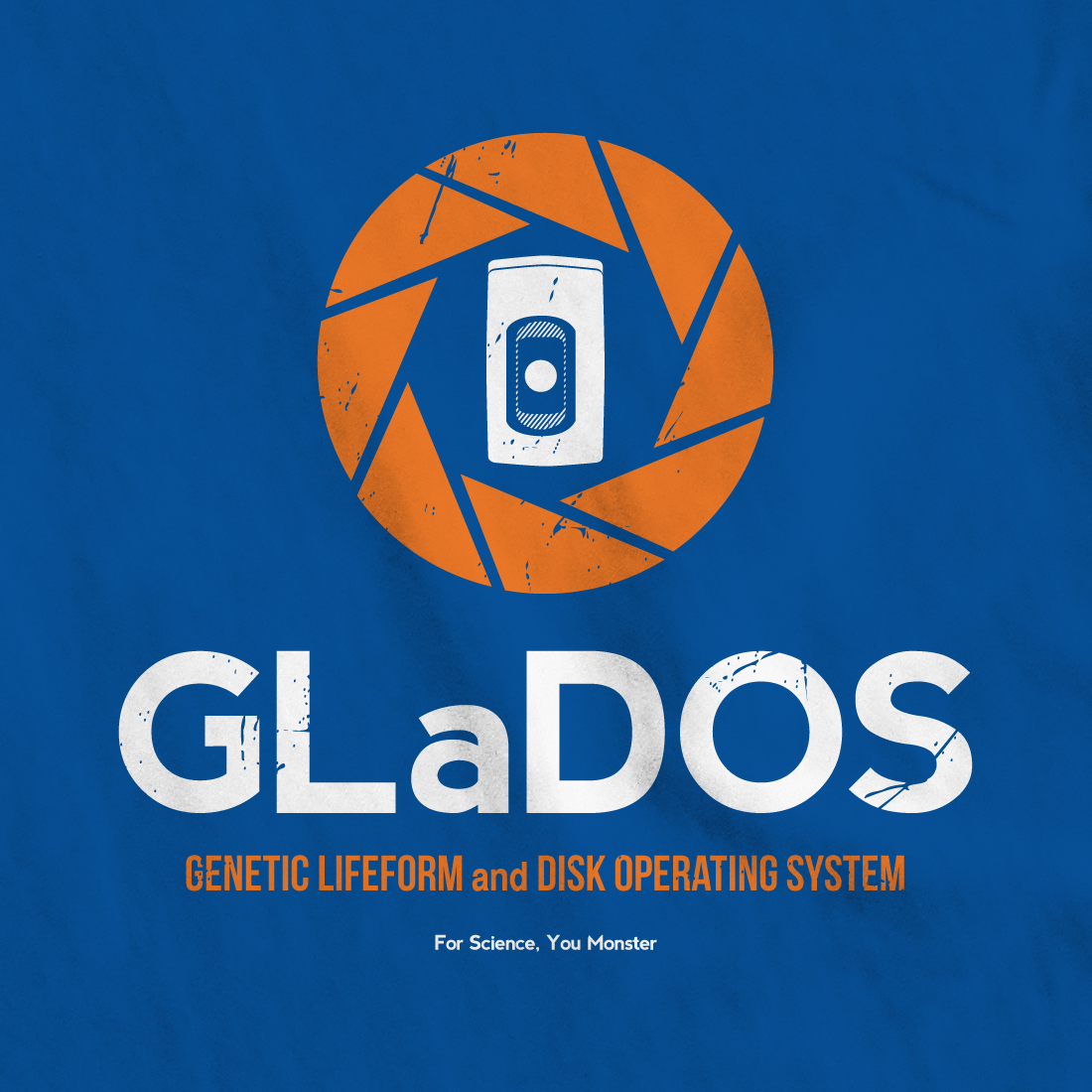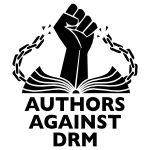Anybody who knows about NaNoWriMo is now in the throes of writing feverishly, hoping to crank out the elusive 50,000 word novel in 30 days.
I’ve done it. It’s not all it’s cracked up to be. Cranking out 1,665 words a day takes me about 2 hours, give or take… and that doesn’t include breaks. The real question is, do I have two hours a day to devote to writing a book that I might have to go back and re-write anyway?
Well, no, I don’t have time to waste. And in the grand scheme of things, I have to stop and ask myself, “Self, do I really even need to write another book?” This is a question every writer should ask themselves, really. And sometimes, the answer might surprise you.
What it boils down to is, “Did God call me to write a book?” and if the answer is yes, then by all means, do what you have to do to write a book. Don’t stop until it’s finished! But if the answer is “I don’t know” then you’ve got some thinking to do.
Why do we write? Is it because we enjoy it? Is it because we’d like to make money at it? Do we write just because somebody once told us “Hey, you’re good at writing, you should write a book”? Or maybe, just maybe, it’s your calling. Maybe it’s what God has gifted you to do. You believe your story is going to change somebody’s life, and maybe (probably) change yours in the writing process. But after years of doing things, I’ve realized (i.e. God has shown me) that just because you’re good at something, doesn’t mean God has called you to do that thing.
This will come as a shock to many. It was a shock to me when I realized it. “Why would God give me a talent if He didn’t want me to use it?” That’s also a valid question, one I’ve asked myself countless times. He does want you to use it! But the answer to how we use it lies in where your life is going, and what God has called you to do with your life overall. You see, “writing” as a verb isn’t a calling. You can use writing to do something, to accomplish something for God. But the act of writing in itself isn’t a calling. It’s what you do with your writing that matters. And honestly, if God calls you to do something that requires writing, you don’t have to be the best at it for God to use you. But you need to use your talents to do the will of God.
Just let that sink in for a minute, okay?
So where do we look for motivation? Why are we writing? The only way to know for sure is to seek out what God wants for your life, and make sure you’re doing what God has put you here to do. How you accomplish that is up to you, but you need to find your motivation first. Only then, once you realize why you write, can you find writing freedom.
Are you ministering to people? Are you touching people’s lives? Are you bringing truth to them? Are you filling a need with your writing that you feel God has told you to conquer? Then by all means, get writing! I believe God has given me a reason to write, and so I will do what I can.
(by the way, this post is 580 words!)



